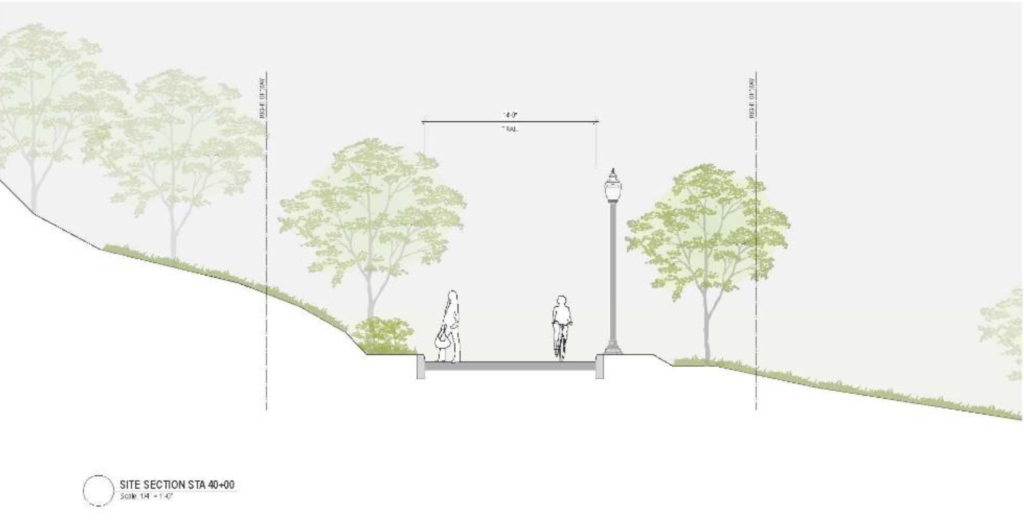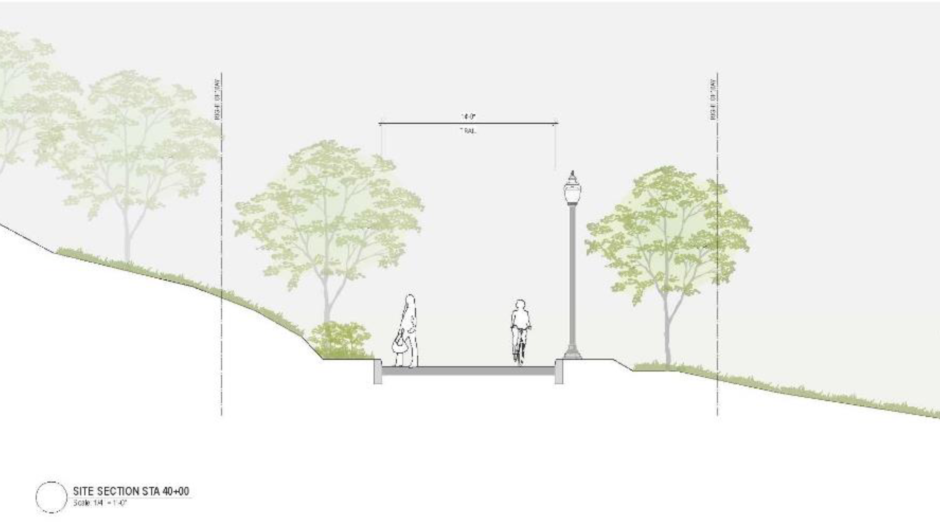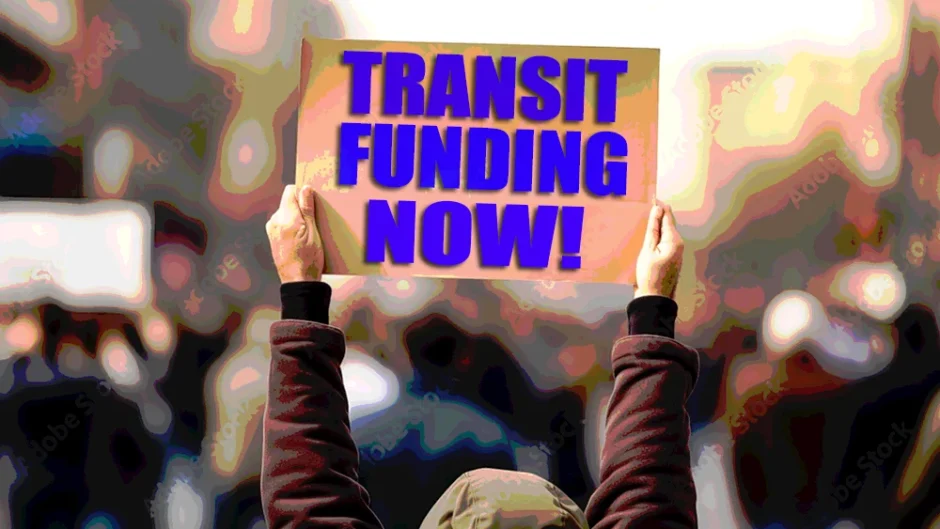Plan disregards environmental issues, lacks transparency and needs more public input
At the Aug. 22 public meeting about this project, representatives from the Pennsylvania Department of Transportation and the City of Pittsburgh Department of Mobility and Infrastructure, also known as DOMI, fielded questions about management of stormwater and springs in the project area, landslide prevention, the dangerous intersection at Sylvan and Greenfield avenues, steep inclines on Waldeck Street and along the proposed trail, light pollution from proposed streetlights, landscaping maintenance and invasive plants, and the effects on nearby residents.
These matters are not easily addressed. Yet when attendees asked about them, DOMI project manager Michael Panzitta responded, “That’s a good point” or, “We’re looking into that.” How has DOMI not heard the same resident concerns since 2018, when the Sylvan Avenue Trail was first proposed as phase 2 of the Mon-Oakland Connector shuttle road between Oakland university campuses and the Hazelwood Green development?

Community input
Discussion of this trail began with the Mon-Oakland Connector (MOC) instead of the communities in its path. Public meetings about development and infrastructure projects should focus on dialogue, not checking the “community engagement” box in a rush toward predetermined outcomes. Since 2022, Junction Coalition has been calling on the city to adopt our guidelines for public engagement, including announcing meetings at least 14 days in advance and posting the meeting slides with the announcement.
The city continues to fall short, as well as not following state guidelines for community involvement in greenways outlined in the Pennsylvania Trail Design and Development Principles.
Transparency
The design presented bore a striking resemblance to the MOC. Controversy plagued the plan partly because of dishonest tactics used to force it on affected communities. Opacity was and is its hallmark: inadequate community outreach for public meetings, evasive answers and an unwillingness to clearly define the scope of and intentions behind each phase of the project.
For example, while holding public meetings about the shuttle road in 2018, DOMI hid its grant applications for work on the Sylvan Avenue portion of the road.
Before informing affected communities about the MOC through a Pittsburgh Post-Gazette article, former mayor Bill Peduto’s administration filed a fraudulent grant application for the project for $3 million and then tried to cover it up, violated the Pennsylvania Sunshine Act, and repeatedly violated PA’s Right to Know law throughout the years-long process of trying to bully the plan through.
The recent Sylvan Avenue Trail meeting presentation did not even include a budget slide. How much money has the Sylvan Avenue Trail received as part of the MOC? How much is budgeted to address the major environmental and safety issues, like an abandoned mine under part of the project area?
Slides showed an unrealistic rendering of the trail with mature plantings to obscure removal of existing trees and gentle slopes instead of cliffs.

Some residents who arrived early said they were told city officials were holding a separate, closed-door meeting with PennDOT before the public meeting.
And according to Mr. Panzitta and Pittsburgh Neighborhood Services infrastructure engagement specialist Jan Raether, this was to be the only public meeting about the Sylvan Avenue Trail.
Unfortunately, this territory is all too familiar. It is obvious to us and others in Greenfield and Hazelwood that, although Mayor Ed Gainey canceled the MOC, DOMI has continued to plan out a buildout of the project.
What’s not missing from the Sylvan Avenue Trail project is red flags that point to a road paved with bad intentions.
Some residents of Greenfield and Hazelwood have organized meetings to discuss the project and reach consensus on an alternative proposal. Reach out to Junction Coalition at junctioncoalition@gmail.com if you are interested in getting involved.
Originally appeared in The Homepage


Recent Comments